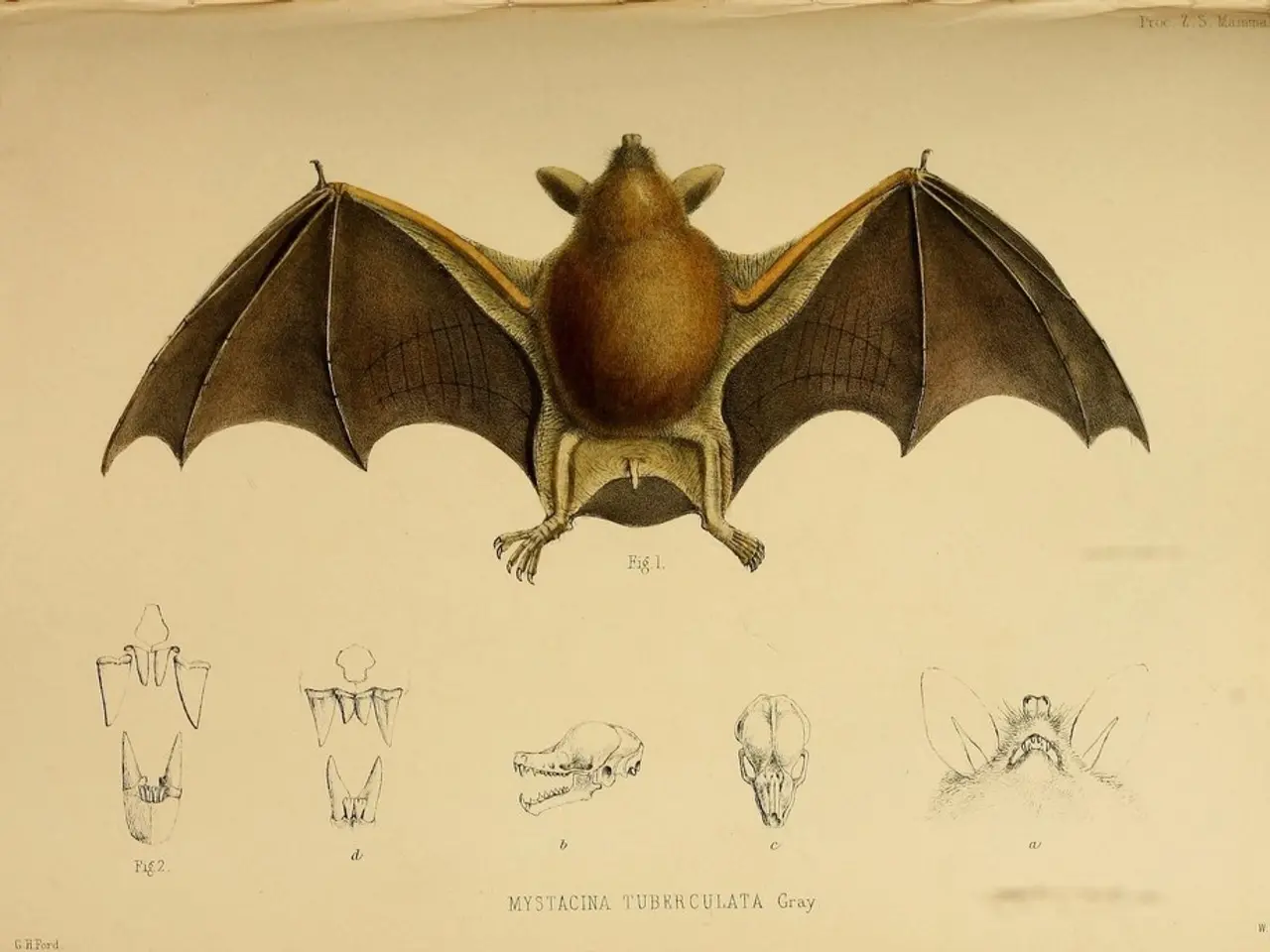Tesla's automobile division encounters a slump amidst Elon Musk's repetitive eccentricities and diversions
Tesla, the pioneering electric vehicle (EV) manufacturer, is currently navigating a turbulent period in the US and European markets. The company's sales have been on a downward trend, with several factors contributing to this slump.
In the European Union, Tesla's sales have experienced a significant drop. For instance, in Germany, Tesla's sales plummeted by 60% in June 2025, despite a 8.6% growth in the overall battery EV market in the country. The company's market share in Europe has dropped to 7.2% over the past year, with notable declines in countries like Sweden and Denmark.
The broader European trend reflects a 58.2% drop in Tesla’s first-half sales in Germany, mirrored across France, Sweden, Denmark, and Italy for six months straight. The intensifying competition, particularly from Chinese automaker BYD, which has seen sales surge with more affordable, appealing models, has put Tesla's aging Model 3 and Model Y under strain. Production disruptions, including retooling for refreshed Model Y versions, have also hindered supply.
The declining reputation in Europe has partly been attributed to Elon Musk's controversial political activities, which may alienate some environmentally conscious European buyers.
In the US, Tesla’s vehicle deliveries dropped 13% year-over-year in Q2 2025, with 384,122 vehicles produced versus 443,956 the previous year’s quarter. Factors include rising competition from traditional automakers like Ford and Chevy, and new entrants such as Rivian, causing Tesla to lose some market share. Sales declines are tied to production delays, aggressive discounting to clear inventory, and a sliding average selling price, indicating pressure on Tesla’s brand premium and profitability.
The company’s automotive revenue fell 20% in Q1 2025 to $13.97 billion, and margins dropped to a four-year low due to costs tied to geopolitical factors and tariffs.
Tesla has experienced recent departures of key executives, contributing to leadership turmoil and strategic drift. Elon Musk’s attention on projects beyond automotive—such as autonomous vehicles, robotics, and his controversial political involvements—has raised concerns about the company’s strategic alignment and distracted focus from improving its core vehicle lineup and market competitiveness.
However, there are some bright spots. In some European markets like Norway and Spain, Tesla sales have increased substantially, thanks largely to the newly launched, refreshed Model Y, which boosted registrations by over 100% in these countries.
In conclusion, Tesla is grappling with declining sales and market share in both the US and EU, driven by rising competition, production issues, and reputational challenges linked to Elon Musk’s external activities and company distractions. Though refreshed models like the new Model Y bring some localized sales growth, Tesla’s overall position in key markets is under serious pressure, exacerbated by executive departures and a need for clearer strategic focus.
[1] Electrek (2025). Tesla's European sales plummet by 60% in June 2025. [online] Available at: https://electrek.co/2025/07/01/tesla-european-sales-plummet-60-june-2025/
[2] Green Car Reports (2025). Tesla's Q2 2025 deliveries miss analyst expectations, but still beat Q1 2025. [online] Available at: https://www.greencarreports.com/news/1136547_tesla-q2-2025-deliveries-miss-analyst-expectations-but-still-beat-q1-2025
[3] Electrive (2025). Tesla's European sales in June 2025: Model Y sales up, but overall sales down. [online] Available at: https://electrive.com/2025/07/01/tesla-european-sales-june-2025-model-y-sales-up-overall-sales-down/
[4] CNBC (2025). Tesla's sales are crashing in Europe and the UK. [online] Available at: https://www.cnbc.com/2025/07/01/tesla-sales-are-crashing-in-europe-and-the-uk.html
In an attempt to combat the persistent slump, Tesla might consider employing advanced AI technologies to analyze market trends, predict customer preferences, and optimize production strategies in both the US and European markets. This could potentially help the company reposition its business model, adapt to the technology-driven changes in the finance sector, and regain its footing in the intensely competitive automobile industry.
Furthermore, to counter the adverse effects of Elon Musk's controversial political activities, Tesla could focus on partnering with brands that hold a strong reputation among environmentally conscious consumers in Europe, fostering bonds with European producers, or creating innovative, eco-friendly initiatives to foster a more positive image and revenue growth in these markets.




